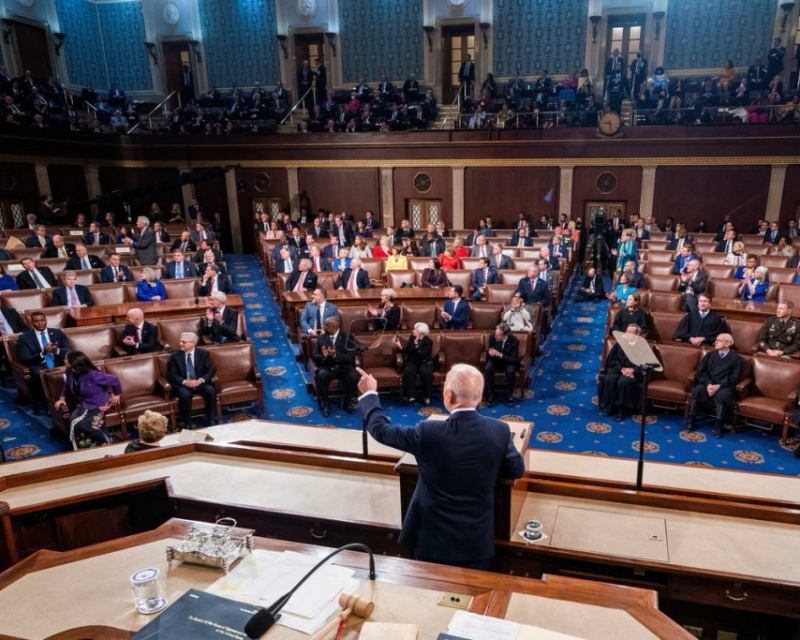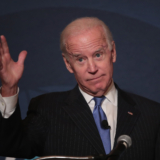The stakes are high, both domestically and internationally. Speaker of the House Mike Johnson, determined to push the matter to a vote, faces the potential risk of jeopardizing his grip on power. It is a delicate balancing act, trying to navigate the choppy waters of partisan divides while ensuring the nation’s foreign policy goals are met.
The situation in Ukraine is particularly charged. President Volodymyr Zelenskyy finds himself under a harsh spotlight, with critics labeling him a failed leader who has squandered billions of dollars in US resources. Allegations of corruption and mismanagement have cast a shadow over his administration, raising doubts about the efficacy of continued support.
The heart of the matter rests on accusations of mismanagement and wastefulness, painting a picture of a leader who has squandered billions of US resources. The flow of military aid and financial support, initially intended to bolster Ukraine’s defense against Russia, appears to have been marred by questions of corruption and inefficiency. Critics argue that Zelenskyy’s administration has failed to make strategic decisions that could have led to a more successful military campaign.
The shadows cast by these allegations don’t just haunt Zelenskyy’s leadership but also echo through the halls of power in Washington, where questions linger about the future of US involvement in Ukraine. The American taxpayer has every right to demand accountability for the aid provided, particularly when the returns on that investment appear increasingly dubious.






